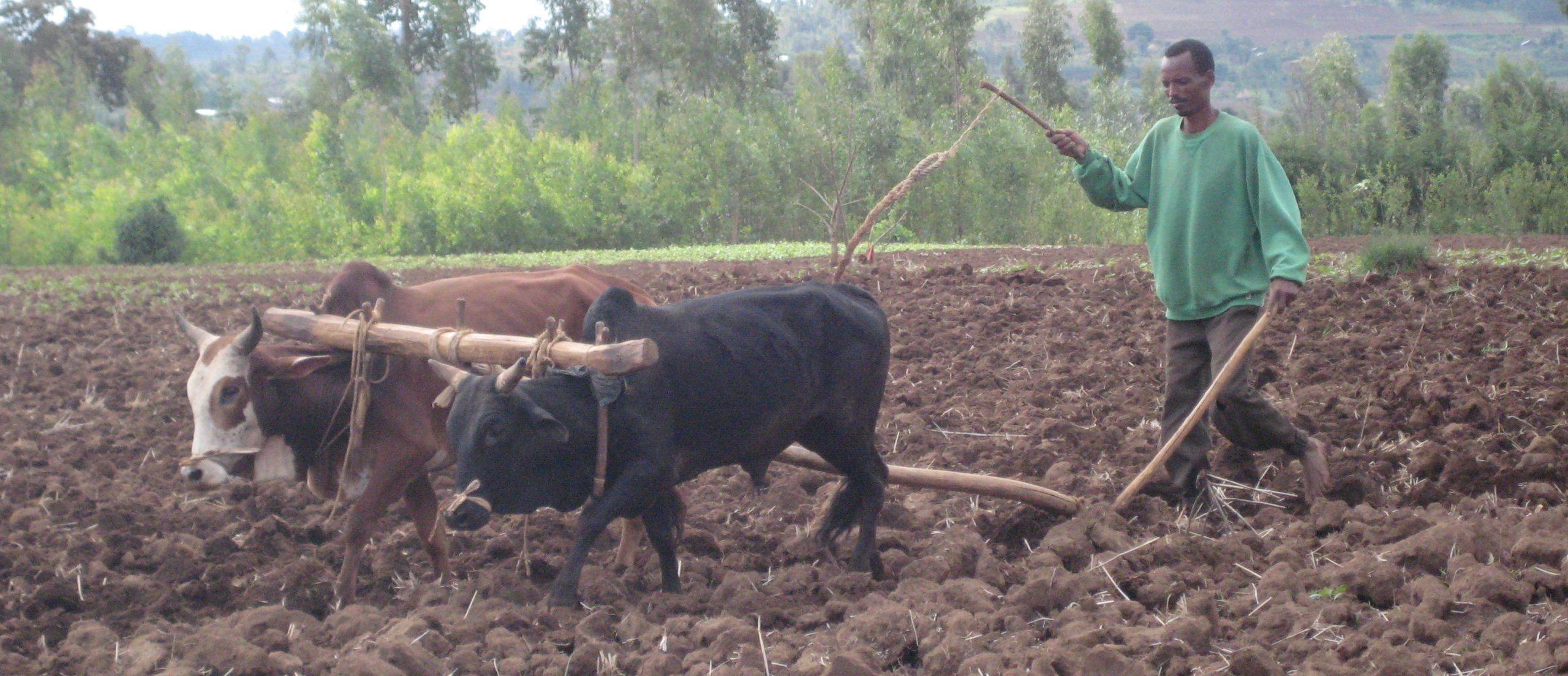Guarding the world against a common, but highly neglected disease
Podoconiosis is a tropical disease common in the highland areas of Africa, India, and Central America. It causes painful swelling in the feet and lower legs following continued skin exposure to certain soils. Researchers from the Brighton and Sussex Medical School have made great advances in the prevention and treatment of this highly neglected tropical disease – helping thousands of sufferers to return to their normal lives, while also leading the way to have podoconiosis formally recognised by the World Health Organisation.
Affecting around 4 million people globally, podoconiosis is a non-infectious tropical disease, which causes fluid retention and painful swelling in the feet and lower legs. The disease comes from continued skin exposure to irritant red clay soils and is more prevalent than HIV, TB or Malaria in some communities in Ethiopia and Cameroon. As well as having serious health and economic effects – patients usually lose around 45% of working days to illness – podoconiosis also holds a great deal of social stigma. If left untreated, it can lead to permanent disfigurement and immobility.
Despite being so common in certain developing countries, there has historically been very little research into podoconiosis. Over the past eight years, however, researchers from the Brighton and Sussex Medical School have become world leaders in studying the disease. Thanks to funding from a variety of donors – such as the Wellcome Trust, the Medical Research Counciland the Department for International Development – their multidisciplinary research group has been instrumental in understanding the disease, its consequences (economic, ethical and social) and how to treat it.
The work of these UK academics has led to huge improvements to the lives of those affected by, and at-risk of, podoconiosis. Based on the research findings, community treatment programmes have improved both the physical and psychological health for an estimated 65,000 patients in three regions of Ethiopia.
Studies into the genetic basis of podoconiosis have provided evidence that susceptibility is inherited. This prompted the creation of a family-history tool to identify those who are most vulnerable to the disease and therefore who to target with preventative measures, such as supplying shoes. Partnership with TOMS, a US-registered shoe company who have pledged to give a pair of shoes to a child in need for every pair sold, has resulted in distribution of more than 600,000 pairs of shoes to children at high risk of podoconiosis.
Nationwide mapping of podoconiosis has enabled the Ethiopian government to prioritise districts in which many patients require treatment. Behavioural research to test the effectiveness of community-level activities has enhanced awareness of the disease and of strategies to prevent it.
Impact has also been seen in improved national and international recognition of podoconiosis as a serious threat to public health. The UK research underpinned a successful advocacy campaign which saw the disease recognised for the first time as a Neglected Tropical Disease by the World Health Organisation, included among eight priority Neglected Tropical Diseases in Ethiopian national health plans, and added to the 2015 Global Burden of Disease study.
The work of the UK academics has helped build international capacity to fight the disease. It played a major role in the formation of groups dedicated to podoconiosis management, such as the Ethiopian National Podoconiosis Action Network and Footwork, the International Podoconiosis Initiative. Recent funding will support care for 150,000 patients, training for 300 Health Extension Workers and a media campaign projected to reach 1.5 million Ethiopians. At the request of the respective health ministries, the academics are also training health workers in Cameroon and Uganda.
Read more about this research in the original impact case study submitted to the Research Excellence Framework 2014.
